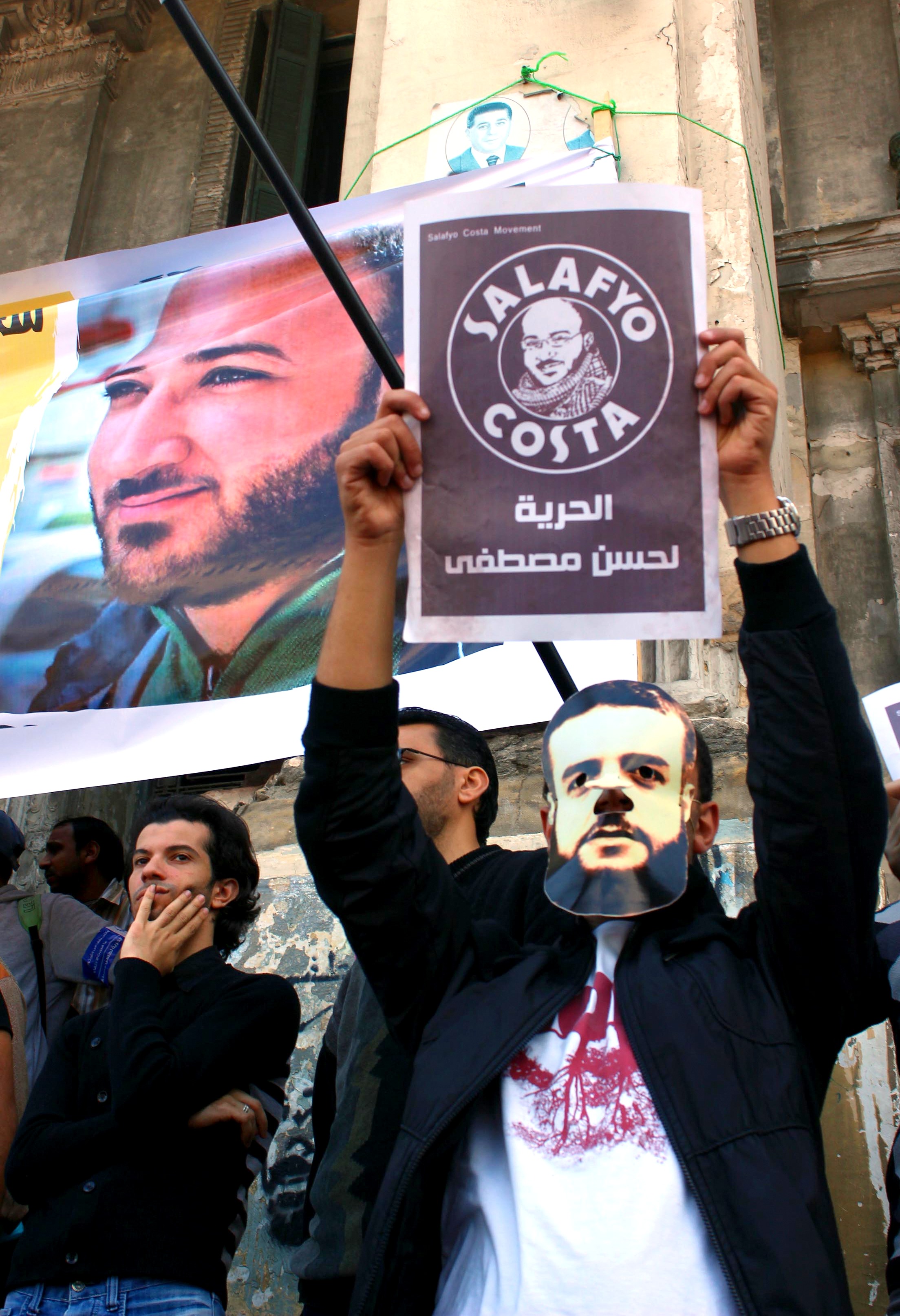A campaign entitled “Towards a Fair Labour Law” presented Wednesday a draft of the Labour Law to the Ministry of Manpower, in an attempt to address the “deficiencies” in the current law and the successive drafts introduced by the government.
A delegation from the campaign is set to meet with the Minster of Manpower Nahed Al-Ashry within the next week and it plans to send a delegation to submit the draft to the International Labour Organization’s (ILO) office next Sunday, according to Fatma Ramadan, campaign member.
The government plans to issue a new Labour Law; however the group argues that this new law comes in the context of the recent Economic Summit, where the government’s main focus lies in promoting investments and attracting foreign businesses, while workers remain the “weaker link” in the work relationship.
“The government has been presenting and discussing drafts for over a year and a half now, but the draft law has even more problems compared to the current law, as it violates workers’ rights,” said Ramadan.
The campaign, however, presented a suggested draft to the anticipated law, which will substitute the 12/2003 Labour Law. The draft was conducted by the campaign in cooperation with the workers, as such dubbing it the “workers’ draft” as opposed to the “government’s draft, which only involved meagre discussions”, according to Ramadan.
The campaign, which includes labour activists, rights lawyers, politicians, and syndicate representatives, argued that the government-led Labour Law does not meet workers’ aspirations.
The draft law has been written in accordance with international agreements signed by Egypt, as well as some articles in the constitution that include criminalising arbitrary dismissals.
The draft demands the creation of new entities to end the Ministry of Manpower and Immigration’s role, which the campaign argued is responsible for issuing the law and implementing it.
The campaign demanded equality between workers in the public sector and those in the private sector with regards to holidays, raises and maximum and minimum wages.
Another demand was to register all workers inside and outside Egypt, and to guarantee the availability of a unified contract, on which all deals between workers and employers should be based.
Ramadan mentioned that the campaign aims to distribute the draft law among all stakeholders; this includes the workers, the government, and local and international non-governmental organisations (NGOs), with the aim of creating social dialogue and pushing for the draft law to be implemented.
